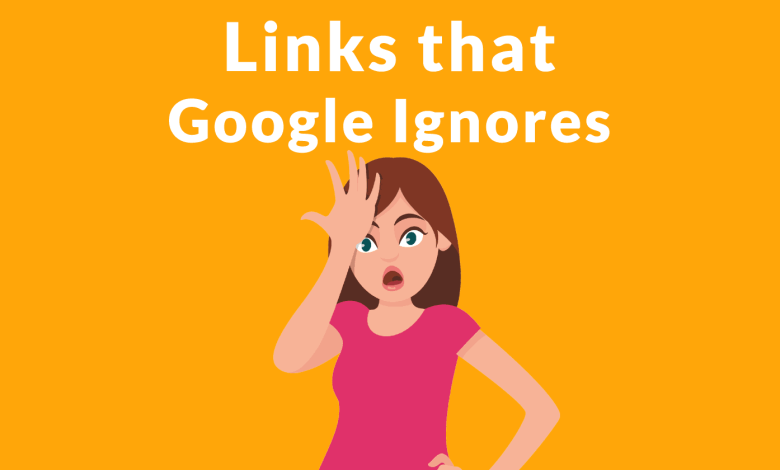
In a Webmaster Hangout, Google’s John Mueller addressed a query about link building. His response offered insight into a lesser-known aspect of Google’s algorithm concerning links.
How Does Google Treat Links?
The question was very specific, inquiring about how Google handled certain link-building tactics that are easy to execute.
The question asked was:
How does Google treat backlinks from website analysis websites or user profiles?
Website Analysis websites refer to sites that provide technical information about domains. User profiles refer to joining web forums and creating a profile, where spammers might add a link to their profile that’s displayed. Typically, a forum links to the membership list where Google can find and crawl the profile link. Each post on a forum provides a link back to the member’s profile. Spammers might exploit this by creating a few posts that result in a link to the profile, which then links to the target site. This is one of the simplest ways to build links, with software even available for automating the process of registering and creating a profile with a link.
John Mueller answered the question but expanded the topic to include a wider range of easy link-building techniques.
“I guess user-generated content and automatically generated content sites. For the most part, we ignore those because, like, they link to everything, and it’s easy to recognize so that’s something that we essentially ignore.”
Google Ignores Forum Profile Links
John Mueller clarified that Google disregards forum profile links, describing them as user-generated content links. What’s interesting is that Mueller mentioned they were easy to recognize, which is significant. It implies that Google doesn’t need complex link analysis tools but can easily recognize forum profile links and automatically excludes them from counting. Their context probably signals that they are forum profile links, removing them from the link graph and awarding them no ranking benefit.
Are Easy Links Ignored?
John Mueller stated that links generated automatically have zero ranking benefit because the link context is not what Google wishes to count for ranking reasons. They may be useful for discovery, meaning Google’s ability to find a webpage, but this does not benefit ranking.
Good Links are Hard to Create
Cyrus Shepard conducted a Twitter poll asking what the most challenging part of SEO is. The most popular answer was Outreach/PR, another way of describing link building. The second most challenging part was creating link-worthy content, with the two activities related to links being voted the most difficult.
It’s not surprising that link building was voted as the most challenging. Google devalues a wide range of links, and many web publishers do not respond to link-building outreach. It seems the traditional methods of building links may be outdated, contributing to the perception that link building is difficult.
- What if the reason link building is difficult is that we’re approaching it the wrong way?
- What if the difficulty arises because it’s time to change how link building is done?
Definition of a Link that Helps a Site Rank
A genuine link is created independently by someone enthusiastic enough about something to link to it. In some ways, there’s undue focus on metrics like whether a site is an “authority.”
What about the enthusiasm factor?
Google encourages publishers to be outstanding, which is good advice but somewhat vague. While the advice "be awesome" contains truth, it lacks nuance.
Enthusiasm, Loyalty, and Desire
There are various ways to build enthusiasm, loyalty, and desire.
- What made Zappos so popular?
- What makes you request a website by name?
- Why did you choose your car? Was it because of what it represents or because it’s inexpensive?
(Inexpensive can be awesome to some people.) Answering these questions regarding SEO is challenging. We know Google doesn’t respond to anchor text like it did years ago, so why worry about anchor text percentages today?
SEO often sticks to outdated methods and tactics, even when evidence shows Google has changed. In my experience, considering these questions in relation to SEO leads to long-term strategies.
Link Building Evolves
Perhaps it’s time for a paradigm shift in link building. This wouldn’t be the first time the SEO industry has evolved in its approach to link creation. It doesn’t mean you have to stop what you consider successful, but it does suggest exploring long-term alternatives that adapt to spontaneous link-giving by web publishers and how Google rewards links.
Watch the Webmaster Hangout video available online.
More Resources
- Images by Shutterstock, Modified by Author
- Screenshots by Author, Modified by Author


